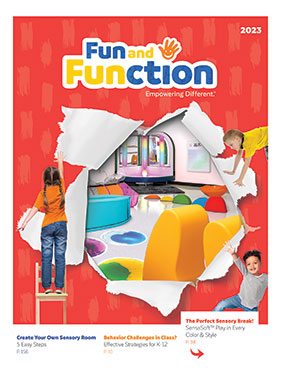Reading is a fundamental skill and can be a joyful activity, especially for children. However, close to 40 percent of children struggle with learning how to read, according to Reading Rockets. A number of factors can play a role, including special needs, auditory processing, speech and language delays.
Here are 5 tips to help kids who are struggling to read:
- Start EarlyOnce you see that your child is having difficulty, get help immediately. Many programs are available to help struggling readers. Arrange to have your child tested to determine his or her level, and if any major auditory or processing problems are evident. An assessment of reading skills by a teacher or reading specialist is helpful too.
- Utilize School VolunteersMany parents volunteer to tutor at elementary schools, and this kind of support can help. Usually, children improve their reading skills and even excel once the problem is diagnosed and a plan is implemented.
- Read TogetherRead to your child and have your child read to you. This reinforces your bond and boosts confidence, especially for children who are shy or unsure of their reading ability.
- Invest In a Tutor Private tutors, outside of the school setting, can be effective. The one-on-one time with your child, together with individualized lesson plans, target the specific reading weaknesses at the appropriate level. Summer is a good time to start since it provides a boost for the new school year. Make sure you find the right tutor by asking the key questions:
- How long have you been in practice?
- What training have you had?
- What is the structure of the tutoring session?
- How frequently will my child receive tutoring?
- What types of materials do you use?
- Will my child be regularly assessed to determine progress?
- Does the content address my child's individual needs?
5. Find Their Interests
A good reader enjoys reading, and it starts with following what's of interest. Learn which genres your child likes, find books at the appropriate age level, and ask him or her to read to you. This is an opportunity to discover what your child enjoys, and take note of any comprehension issues as well as progress. Sometimes, just not understanding the subject matter is the problem, and you may need medical guidance to identify the stumbling blocks for your child.Children want to succeed and need our support to help overcome their challenges. These tips can help you build your child's skill and confidence, and experience the lifelong joy of reading together.
About the author: Erica L. Fener, Ph.D., is Vice President, Business Development Strategy and Analysis at Progressus Therapy, a leader in connecting their candidates with school-based speech pathology jobs and early intervention service jobs.

















Comments